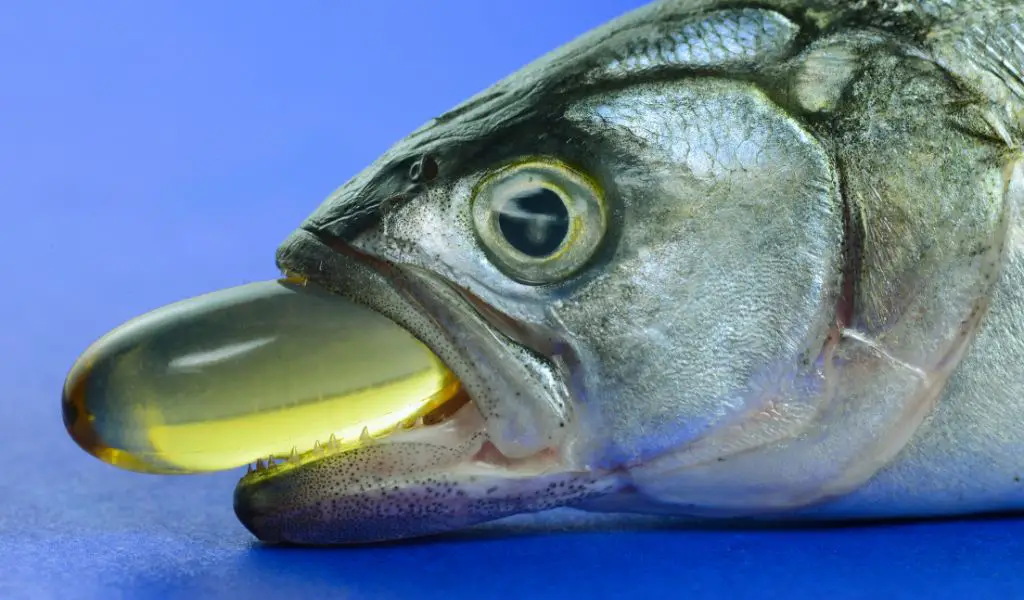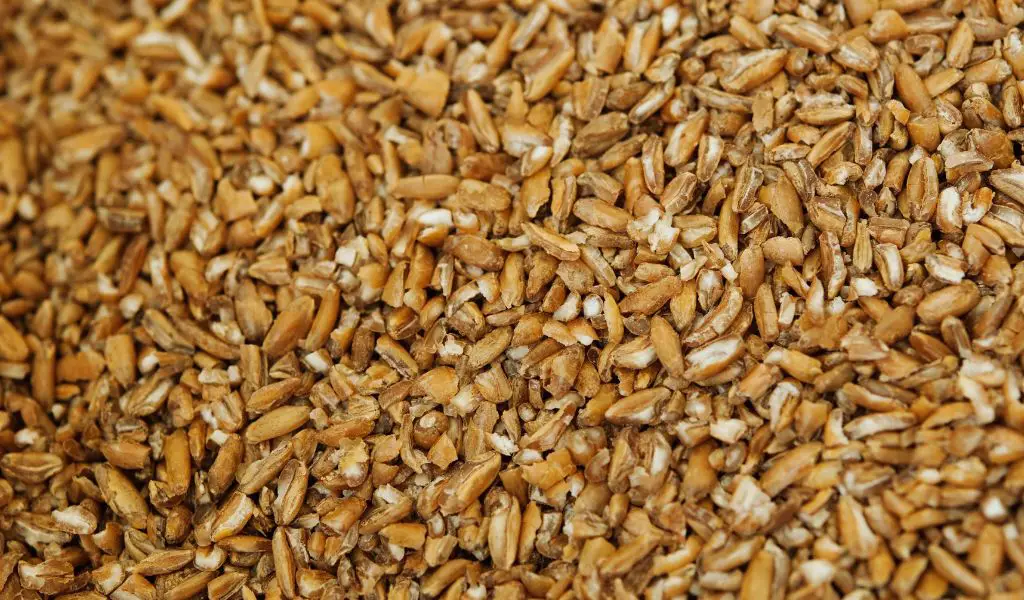Yes. Fish oil can be beneficial for dogs when given in appropriate amounts. It contains omega-3 fatty acids, which are essential for their overall health. Omega-3 fatty acids help support a healthy coat, promote joint health, boost the immune system, and aid in brain development. However, it’s crucial to provide fish oil formulated specifically for dogs and follow proper guidelines.
Dos
- Consult your veterinarian: Before adding fish oil to your dog’s diet, it’s recommended to consult your veterinarian. They can assess your dog’s individual needs and provide suitable dosage instructions.
- Choose high-quality fish oil: Look for fish oil supplements designed for dogs, as they are formulated with appropriate concentrations and are free from additives harmful to canines.
- Follow dosage guidelines: Always adhere to the recommended dosage provided by your veterinarian or the product’s instructions. Giving too much fish oil can lead to digestive upset or other health issues.
Don’ts
- Don’t give human fish oil supplements: Human fish oil supplements may contain higher concentrations of omega-3 fatty acids, which can potentially harm your dog’s health.
- Avoid flavored fish oil: Fish oil supplements with added flavors, such as lemon or orange, may contain ingredients that can be harmful to dogs. Stick to plain, unflavored options.
- Don’t rely solely on fish oil: While fish oil can provide health benefits, it should not replace a balanced and complete diet for your dog. It’s important to provide a well-rounded meal plan.
How much fish oil should I give my dog?
The appropriate dosage depends on your dog’s weight and specific needs. It’s best to consult your veterinarian to determine the correct amount for your dog.
Can fish oil cause any side effects in dogs?
When given in the correct dosage, fish oil is generally safe for dogs. However, excessive consumption can lead to gastrointestinal upset, diarrhea, or vitamin E deficiency. Follow the recommended guidelines to avoid potential side effects.
Are there any alternatives to fish oil for dogs?
Yes, there are other sources of omega-3 fatty acids for dogs, such as algae-based supplements. Talk to your veterinarian about suitable alternatives if fish oil is not an option for your dog.
Conclusion and final thoughts 💭
In conclusion, dogs can safely consume fish oil when given in appropriate amounts.
It provides essential omega-3 fatty acids that offer numerous health benefits.
However, it’s crucial to choose high-quality, dog-specific fish oil and follow the recommended dosage.
Consult with your veterinarian to ensure you’re making the best decision for your furry friend’s well-being.




